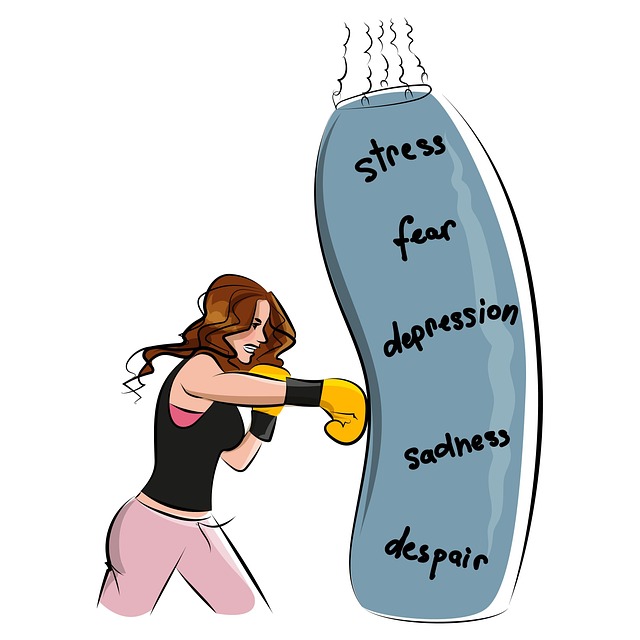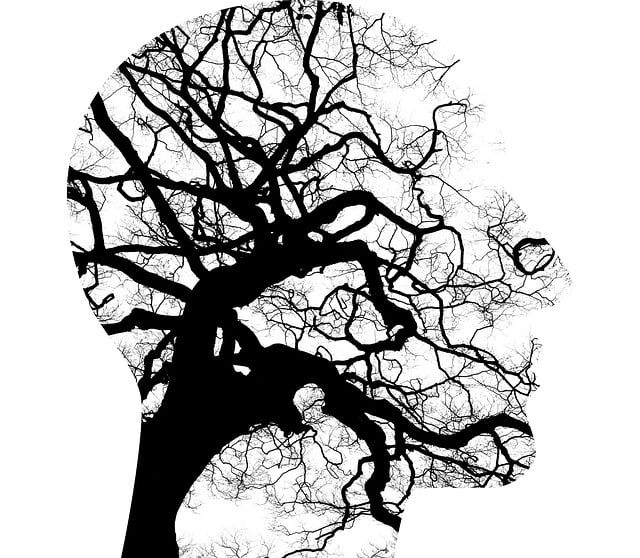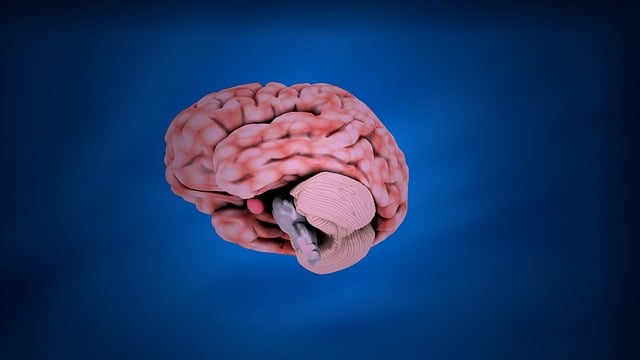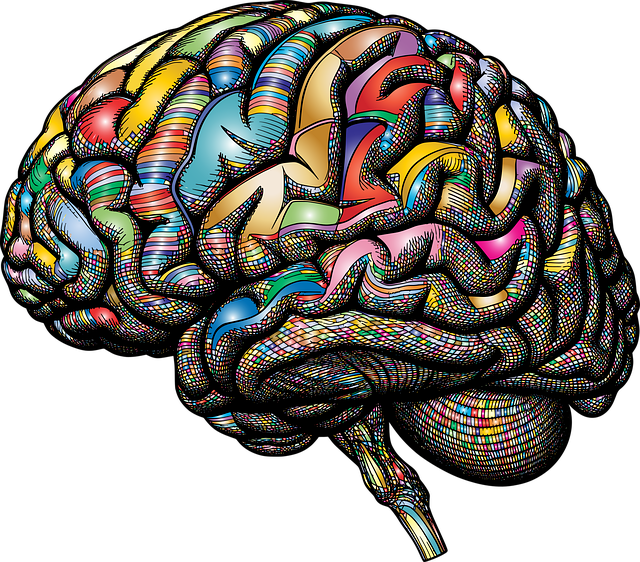Understanding mental health is key to developing a robust self-care routine, especially for managing conditions like Centennial Panic Disorder and Anxiety Attacks, which can significantly impact daily life. Effective therapy teaches coping mechanisms, stress management, and mindfulness practices tailored to individual needs. Self-care involves holistic approaches such as physical exercise, balanced nutrition, adequate sleep, social connections, and engaging hobbies, enhancing resilience and quality of life. Recognizing symptoms, tracking moods, and utilizing tools like mindfulness meditation are crucial components in therapy for these conditions. A personalized self-care routine, combined with ongoing commitment, can lead to long-term mental wellness stability.
“Unwind, rejuvenate, and reclaim your mental wellness with our comprehensive guide to self-care routines. In today’s fast-paced world, managing anxiety and stress is paramount, especially for those navigating conditions like Centennial Panic Disorder and Anxiety Attacks. This article illuminates the path to psychological well-being by exploring essential strategies. From understanding mental health fundamentals to crafting a personalized self-care plan, we delve into effective therapy techniques. Learn how to implement long-term management strategies, ensuring sustained mental wellness beyond routine adherence.”
- Understanding Mental Health and Self-Care: A Foundation for Wellness
- Recognizing Centennial Panic Disorder and Anxiety Attacks: Symptoms and Challenges
- Building a Personalized Self-Care Routine: Strategies for Effective Therapy
- Long-Term Management: Sustaining Mental Wellness Beyond Routine Implementation
Understanding Mental Health and Self-Care: A Foundation for Wellness

Understanding mental health is paramount to cultivating a robust self-care routine. It involves recognizing and managing conditions like Centennial Panic Disorder and Anxiety Attacks, which can significantly impact daily life. Therapy plays a pivotal role in therapy, offering effective tools to navigate these challenges. Through professional guidance, individuals learn coping mechanisms, stress management techniques, and mindfulness practices tailored to their unique needs.
Self-care isn’t merely an activity; it’s a holistic approach that integrates into one’s lifestyle. It encompasses various elements such as physical exercise, balanced nutrition, adequate sleep, social connections, and engaging hobbies. By prioritizing these aspects, individuals can create a foundation for mental wellness. This proactive approach not only prevents but also manages symptoms, fostering overall resilience and enhancing the quality of life.
Recognizing Centennial Panic Disorder and Anxiety Attacks: Symptoms and Challenges

Centennial Panic Disorder and Anxiety Attacks are often misunderstood yet prevalent mental health challenges. Recognizing their symptoms is crucial for seeking effective Centennial Panic Disorder and Anxiety Attacks Therapy. Individuals experiencing these episodes may face sudden, intense fear accompanied by physical manifestations like rapid heartbeat, sweating, and shortness of breath. These attacks can be triggered by seemingly ordinary situations, leading to a persistent sense of dread and anxiety.
The challenges associated with Centennial Panic Disorder extend beyond the acute symptoms. They often disrupt daily life, impacting confidence-boosting activities and social interactions. Accessing Trauma Support Services and enrolling in Mental Wellness Coaching Programs Development can be transformative. These programs offer strategies to manage attacks, promote resilience, and foster a sense of calm, ultimately improving overall mental wellness.
Building a Personalized Self-Care Routine: Strategies for Effective Therapy

Building a personalized self-care routine is a powerful strategy for managing and improving mental wellness, particularly for those dealing with conditions like Centennial Panic Disorder and Anxiety Attacks. The first step involves understanding your unique triggers, coping mechanisms, and preferences. This may include keeping a journal to track daily moods, identifying specific activities that induce anxiety, and recognizing the physical symptoms of panic attacks. Mental health education programs design often emphasize self-awareness as a foundational component for effective therapy.
Through this process, you can tailor your routine with targeted strategies. Incorporate stress-reducing practices such as mindfulness meditation or deep breathing exercises during moments of heightened anxiety. Regular physical activity and adequate sleep are also crucial elements that contribute to mental health awareness and overall well-being. Additionally, coping skills development can be enhanced through creative outlets like art therapy or spending time in nature, offering alternative ways to manage stress and promote a sense of calm.
Long-Term Management: Sustaining Mental Wellness Beyond Routine Implementation

Developing a self-care routine is an empowering step towards managing mental wellness, but it’s just the beginning. Long-term management requires ongoing commitment and adaptation to maintain stability beyond initial implementation. This journey involves integrating practices that foster resilience and prevent burnout, especially for those navigating conditions like Centennial Panic Disorder and Anxiety Attacks.
Regular practice of mindfulness meditation can significantly enhance one’s ability to manage stress and anxiety over time. Building resilience further equips individuals to face challenges, ensuring their mental wellness doesn’t just survive but thrives in the face of adversity. Additionally, healthcare providers, who often experience high-stress environments, can benefit from incorporating burnout prevention strategies into their self-care routines.
Developing a robust mental wellness self-care routine, tailored to address specific needs like Centennial Panic Disorder and Anxiety Attacks therapy, is a powerful tool for long-term well-being. By integrating strategies from each stage of the journey—from understanding foundational concepts to sustaining practices over time—individuals can cultivate resilience and enhance their quality of life. Remember that self-care is not one-size-fits-all; personalized routines that prioritize mental health are key to navigating challenges effectively and fostering a vibrant, healthy mind.











